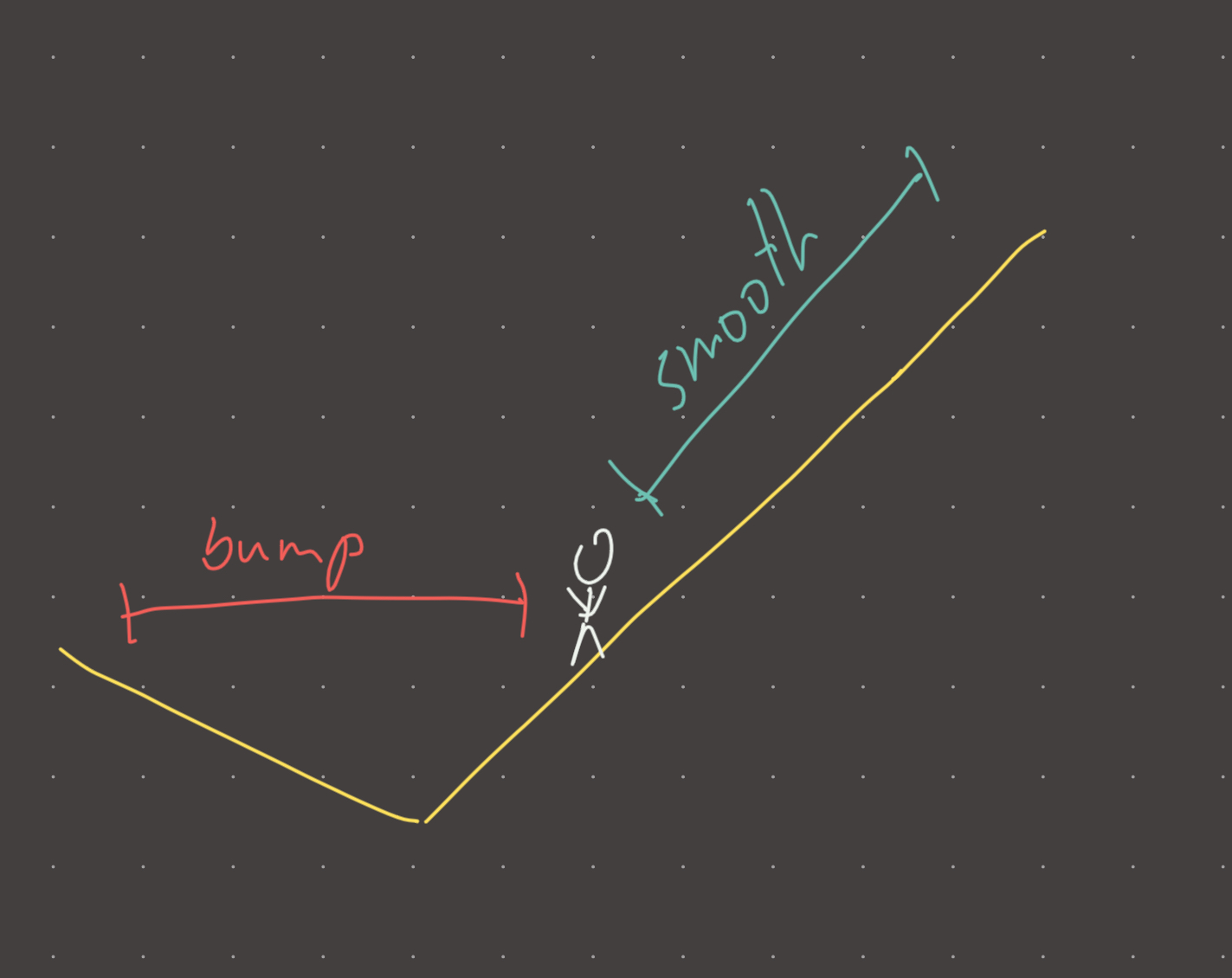Link: https://leetcode.com/problems/search-in-rotated-sorted-array/
Solution:
Topics: binary search
Intuition
This can be quite a tricky binary search problem, but it is actually quite simple if we can make a key observation about sorted rotated arrays. No matter what, either the left or right partition (from the midpoint) is guaranteed to be sorted! Both would be sorted in the case that there is no rotation (pivot index = 0).
For example:
[7,8,1,2,3,4,5] #7,8 rotated, right partition sorted
^ ---->
[3,4,5,6,7,8,9,0,1,2] #0,1,2 rotated, left partition sorted
<------ ^
[6,7,8,9,1,2,3,4,5] # 1,2,3,4,5 rotated, left partition sorted
^ ------>
How does this help us? Its very simple. We determine which partition is sorted, and then decide if the target is in that range. If it is, we move to that partition. If its not, we move to the other partition. Thats it.
Implementation
def rotated_array_search(nums, target):
l = 0
r = len(nums)-1
while l <= r:
mid = (l + r) // 2
if nums[mid] == target:
return mid
if nums[mid] >= nums[l]: #left partition is sorted
if target < nums[mid] and target >= nums[l]:
r = mid - 1
else:
l = mid + 1
if nums[mid] <= nums[r]: #right partition is sorted
if target > nums[mid] and target <= nums[r]:
l = mid + 1
else:
r = mid - 1
return -1
#time: o(logn)
#memory: o(1)Mnemonic
You are standing somewhere on a hill. One side of the hill is smooth, the other side has a bump in it.
Visual

Review 1
I don’t know why I always struggle with this problem. I did get there but it took me way too long. This problem should take no more than 30 seconds of thinking!
Its very simple: If the left partition is sorted and the target is in it’s range, go left! Otherwise, go right! If the right partition is sorted and the target is in it’s range, go right! Otherwise, go left!
REMEMBER, YOU CAN ONLY SEARCH THROUGH A SORTED LIST so determine which side is sorted and search it or go to the unsorted part!!!.
I’m tagging this hard, not because it’s hard (it’s absurdly easy) but because for reasons unbeknownst to me, my brain shuts off for this problem.
Review 2
Still somehow struggled more than I had to, but overall figured it out pretty fast despite hitting an edge case. I missed the fact that left_sorted = nums[mid] > nums[l] actually fails when the list is smaller than length 3. I made this oversight because all numbers in nums are guaranteed to be distinct however when len(nums) < 3, then mid = l . It should be left_sorted = nums[mid] >= nums[l]. Dumb oversight.